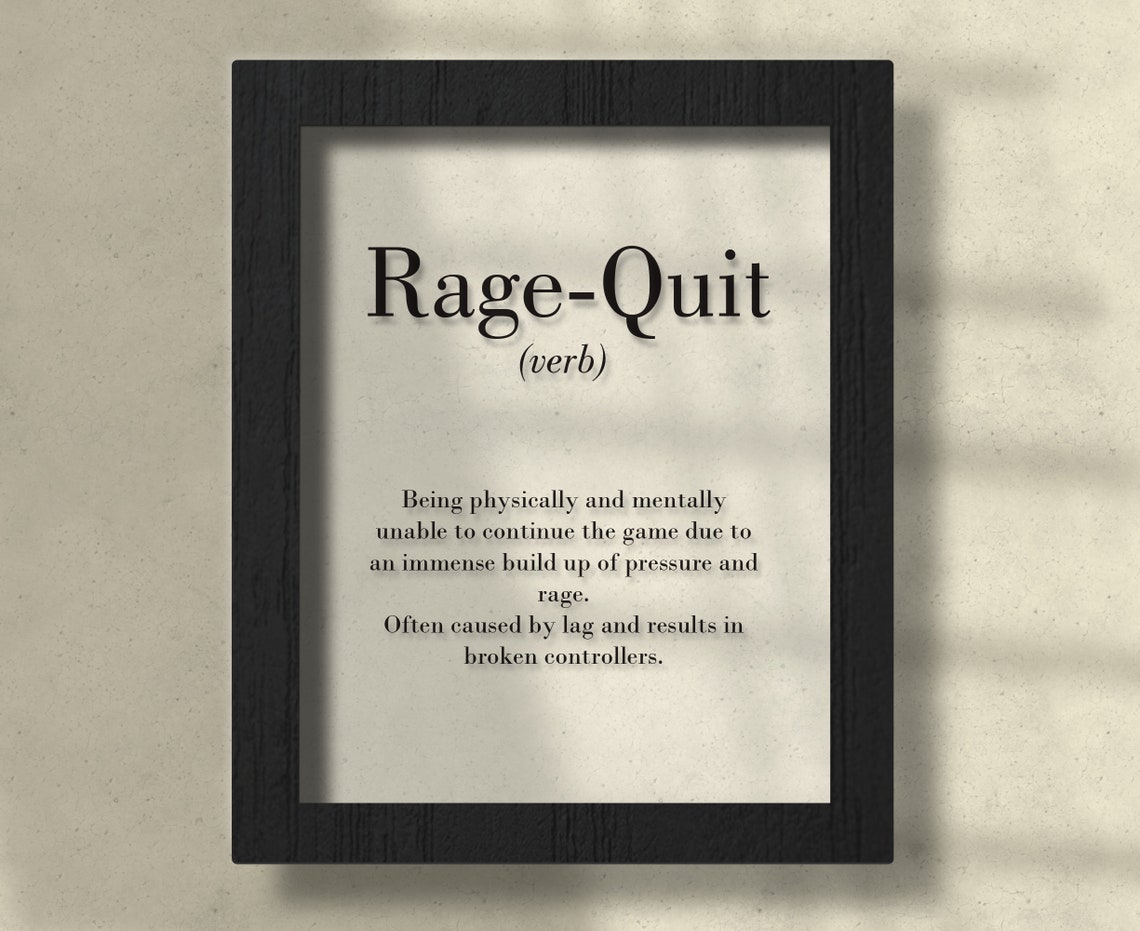

This means that if a seller owns a building, he can give a quitclaim deed to the buyer and the seller's entire interest has been transferred.

The quitclaim deed only operates to convey to the seller's interest in the property to the buyer.

In sharp contrast to these warranty deeds, a quitclaim deed contains no warranties of title at all. How quitclaim deeds differ from general and special warranty deeds

A special warranty deed will address the issue of defects that arose during the seller's ownership period. Additionally, a general warranty deed will contain covenants that promise the new title-holder that he can legally purchase, possess and enjoy the property in question. These types of deeds will contain covenants that so warrant, protecting the new title-holder from lawful claims of superior title and agreeing to compensate him for any loss incurred by a successful third-party challenge of superior title. General and special warranty deeds are used to warrant the good state of the title. Quitclaim deed General and special warranty deeds There are three types of real estate deeds:ģ. But you should know that, unlike general or special warranty deeds, the quitclaim includes no protections for the buyer. MORE TO EXPLORE: 'Coworker' vs.A quitclaim deed is a fast way to transfer property to a buyer. What people tend to abnegate, however, is rights, beliefs, or ideas, or sometimes desires or self-interest. In this use, it's similar to the even more formal word abnegate, which is also about leaving something behind. Someone who abdicates a responsibility fails to do what that responsibility requires them to do. AbnegatingĪbdicate is also used when it's duties and responsibilities that are being left behind. In other words, retiring is typically for the commoners, and abdicating likely warrants lots of press coverage. To abdicate the throne, to use the most common example, is to formally give up any claim to it. Abdicating is also about moving on career-wise but it's only applicable if that career involves a high position, office, or rank.
#Quit definition professional#
The meaning of retire we are concerned with here is “to withdraw from one's position or occupation to conclude one's working or professional career”: you are moving on career-wise. But, if it makes you feel better, we welcome you to think of resigning as quitting when it puts on a bowtie-it's tidied up and starched, and occasionally a little more formal than it needs to be. Again, there is not a great difference between the two not-gonna-bother-with-this-mess-anymore meanings of these words. Someone is also more likely to "resign in disgrace" (when it's become clear that people no longer trust them to do their job well, especially because of something scandalous), but nothing is stopping them from "quitting in disgrace" either. The words tend to enjoy different company: people are more likely to "resign in protest" (when they can no longer stomach the job they're being asked to do, or the bosses they're being asked to do it for), but "quitting in protest" is certainly done as well. Resign is more at home in formal settings, but quit is perfectly acceptable in serious writing as well. Quitting a job is the same thing as resigning from a job in most cases: either way you have chosen to no longer have that job. 'Resign' is often used in more formal settings, or in phrases like "resigned in disgrace" or "resigned in protest." Quitting vs.


 0 kommentar(er)
0 kommentar(er)
